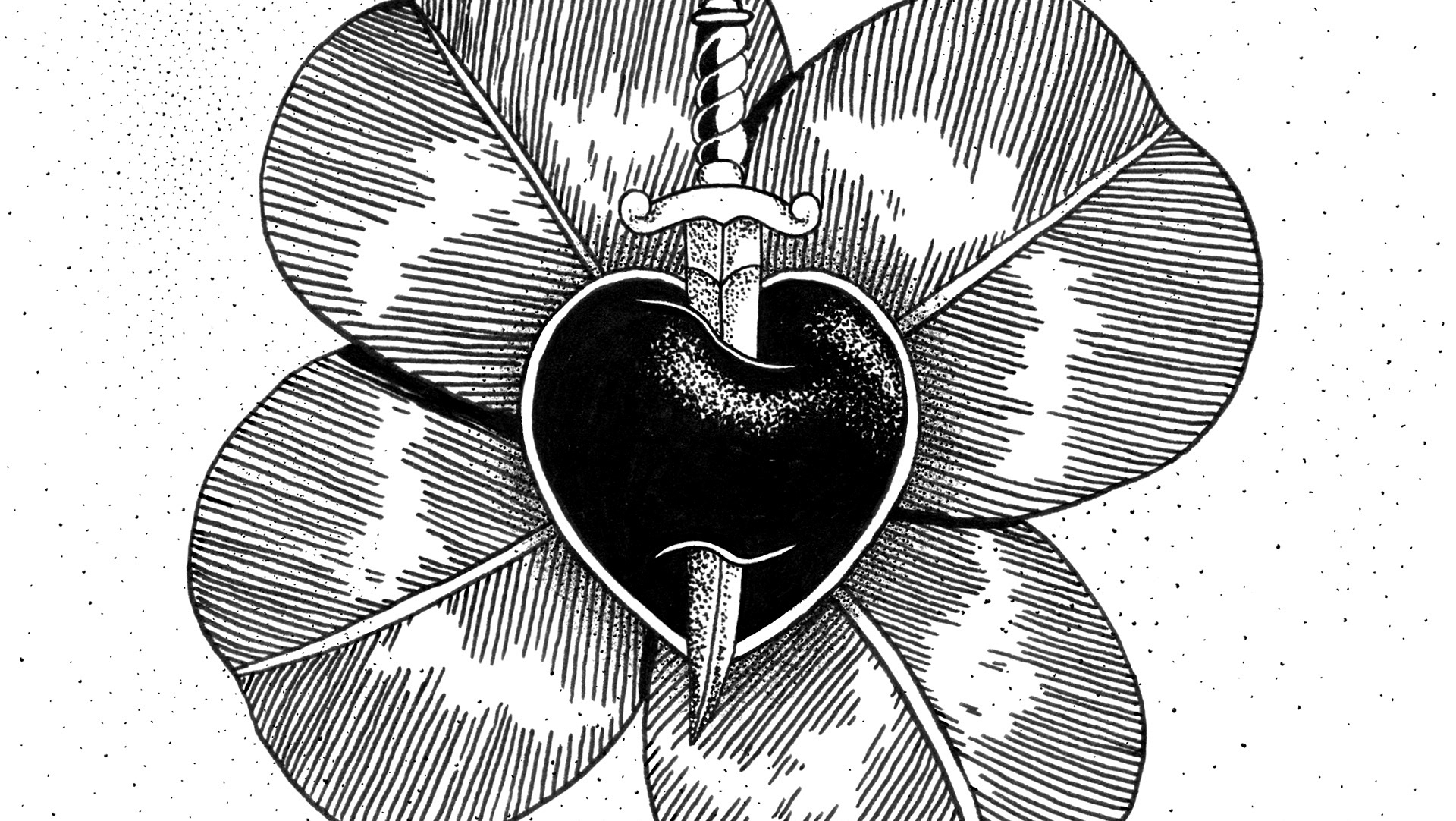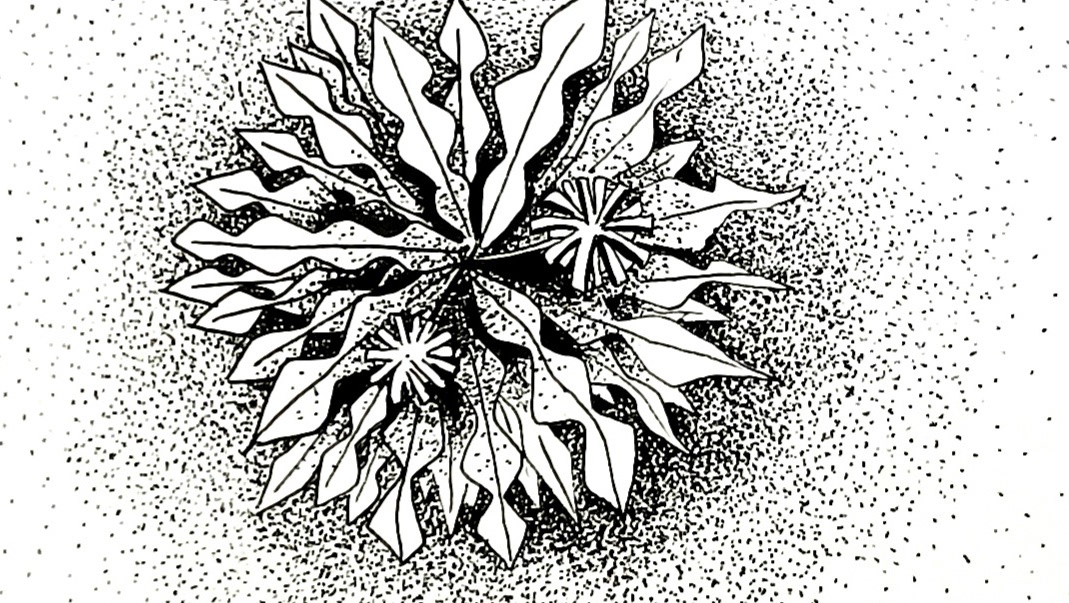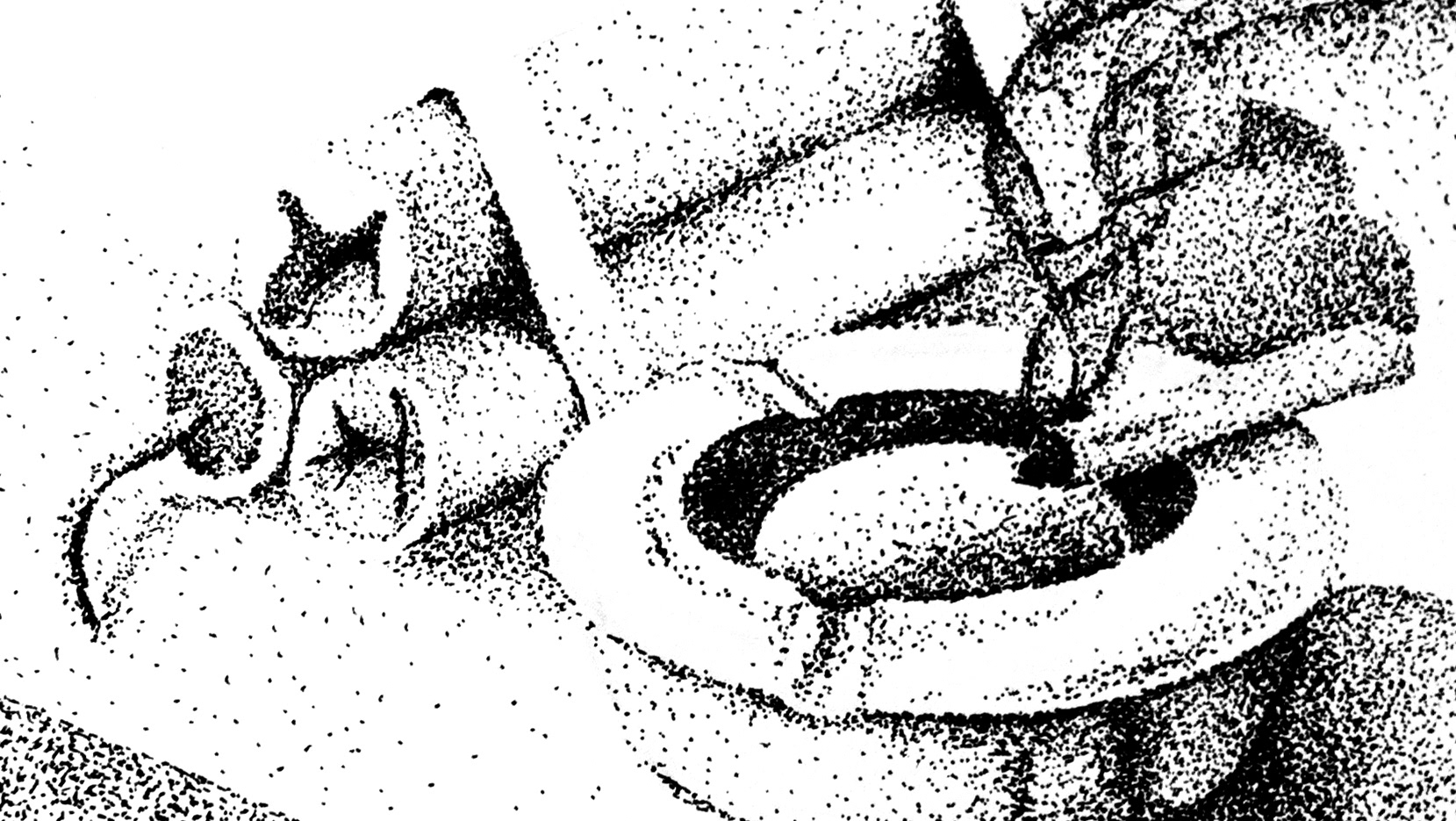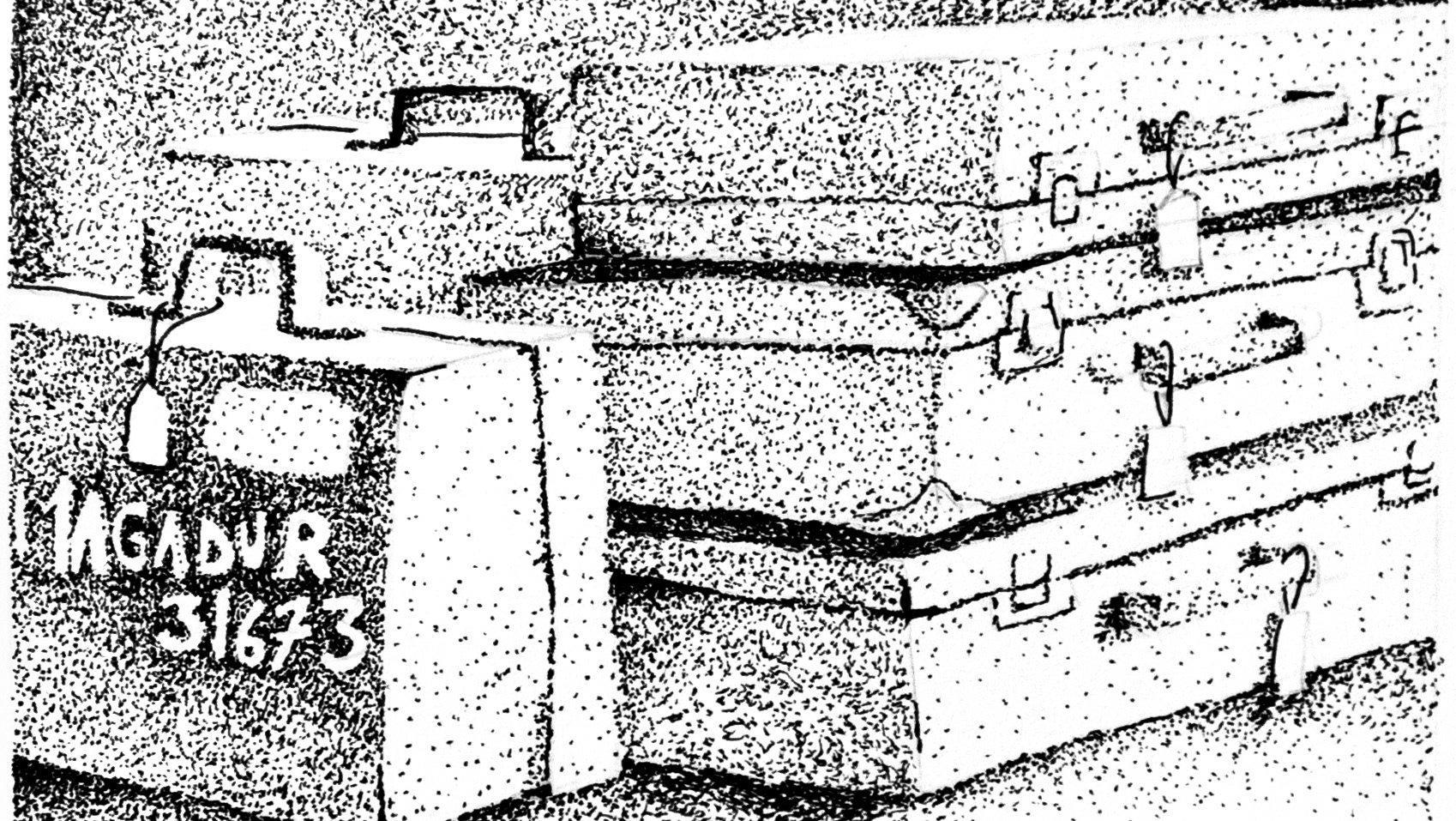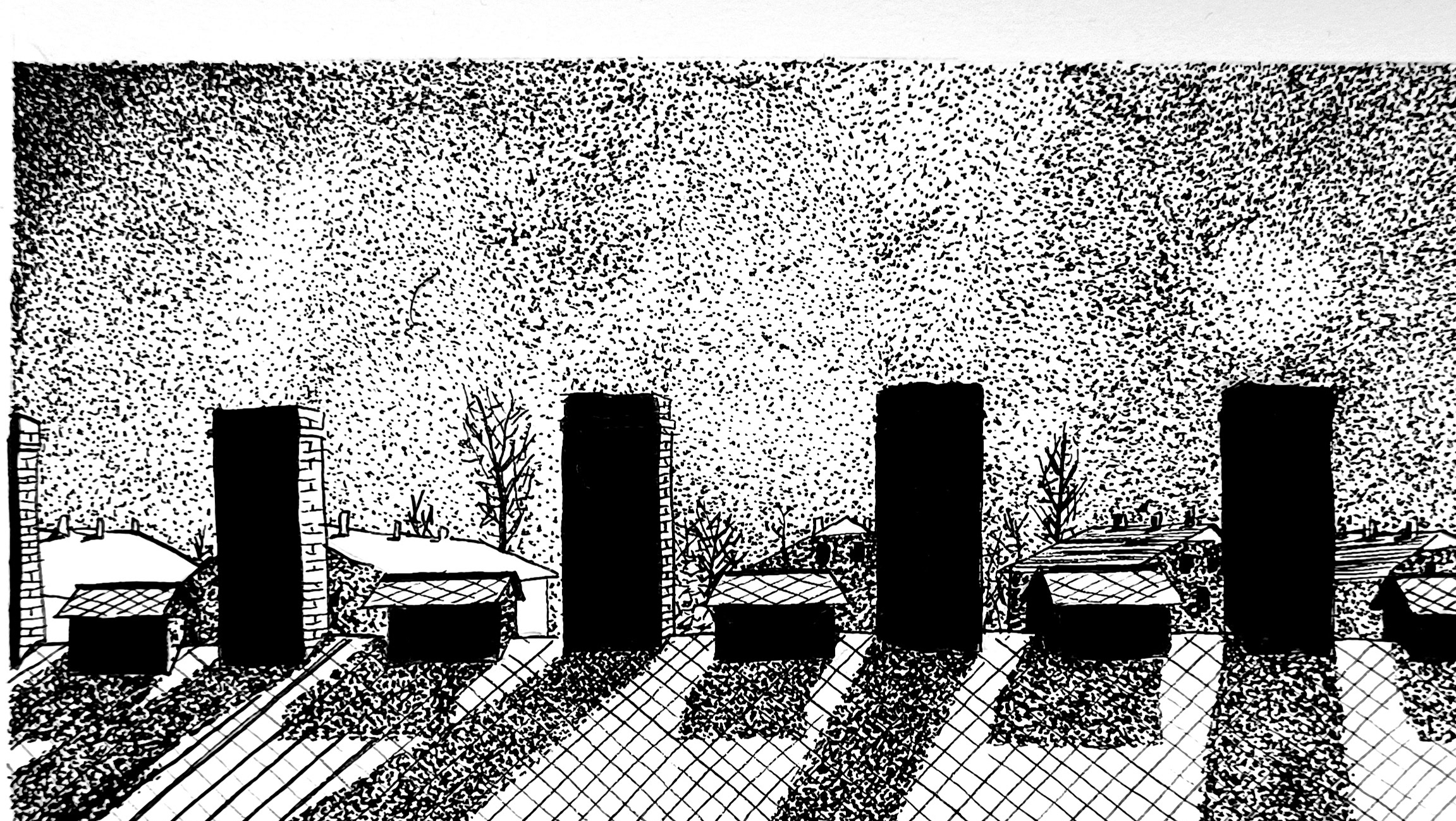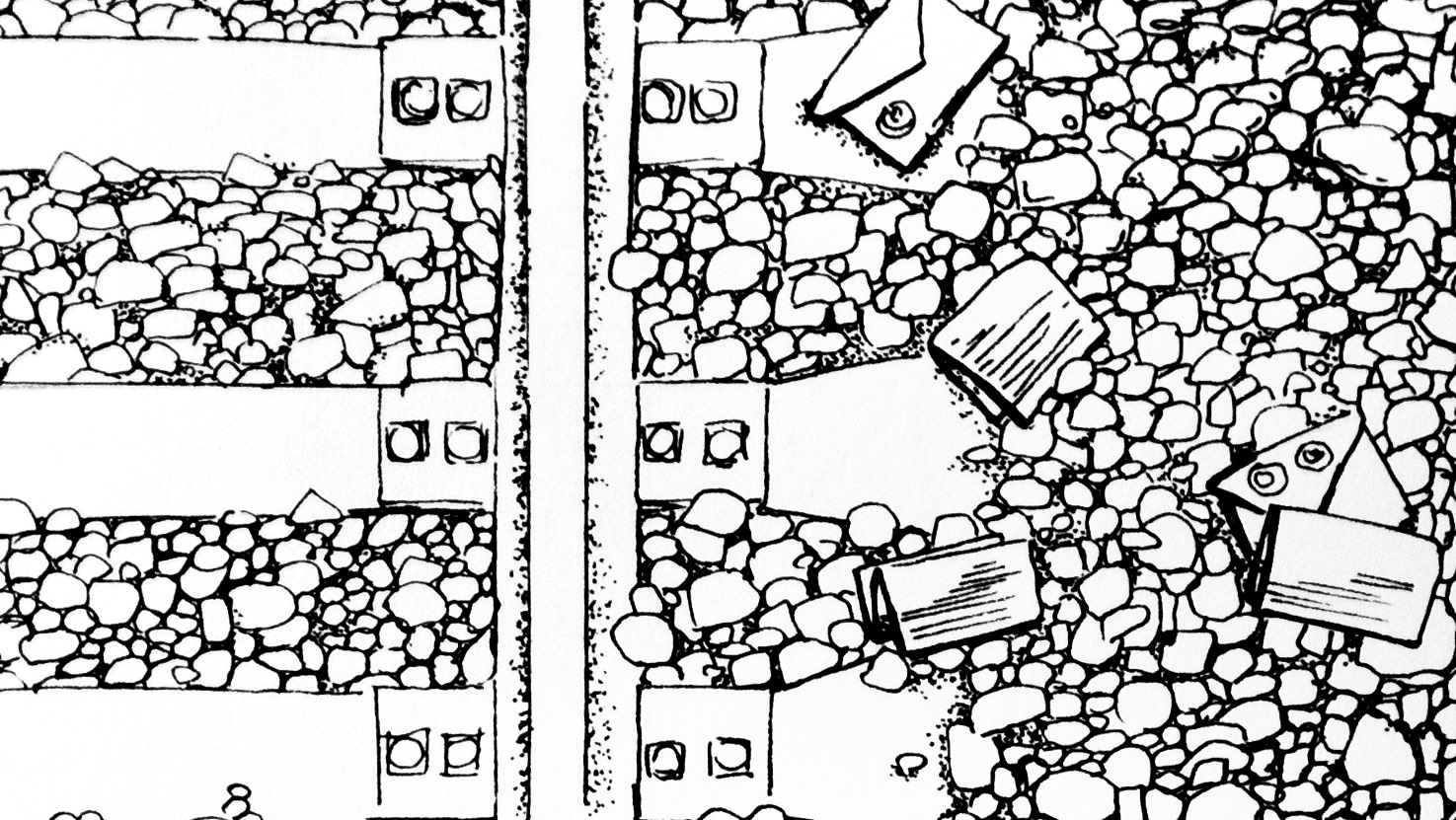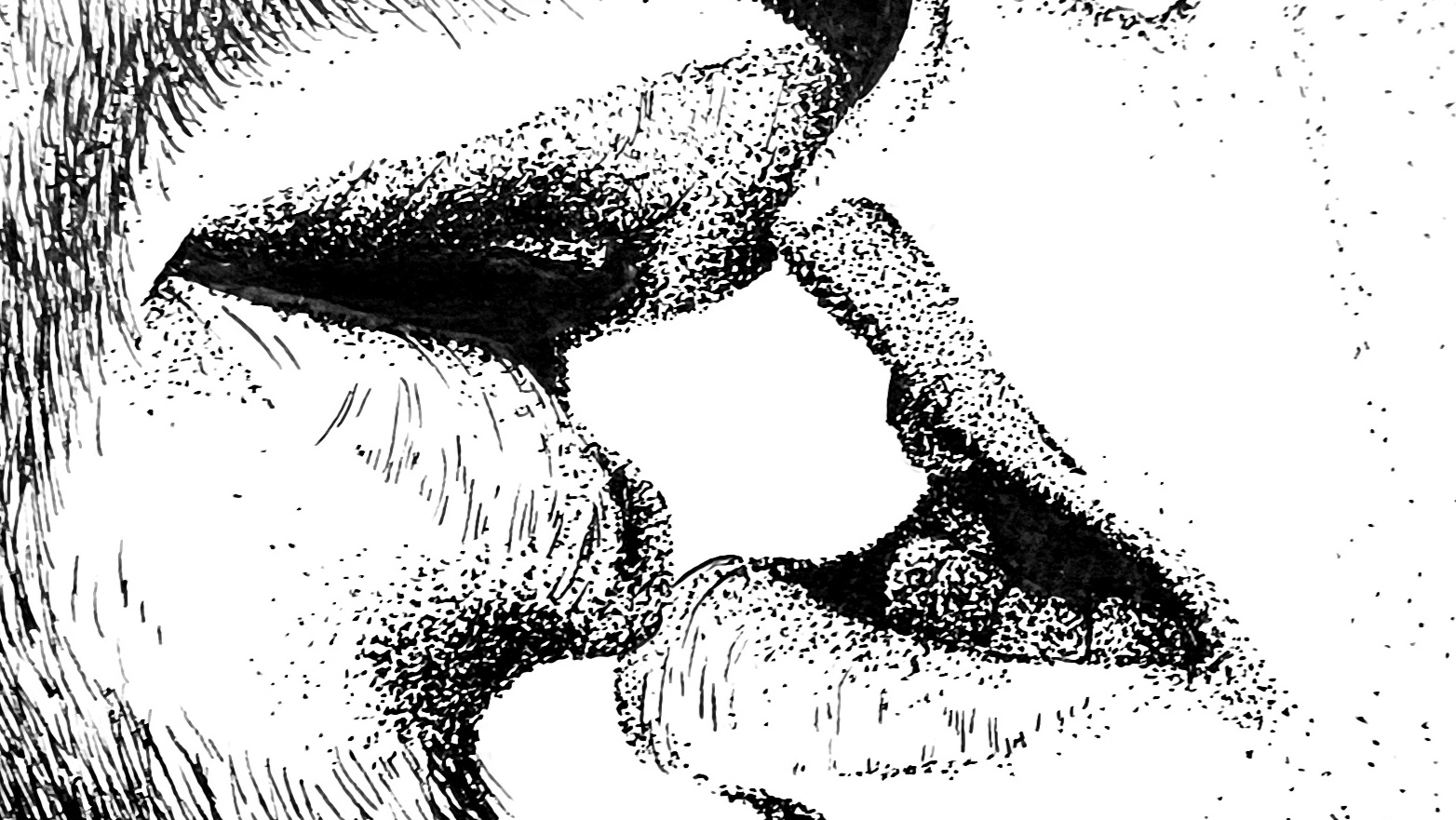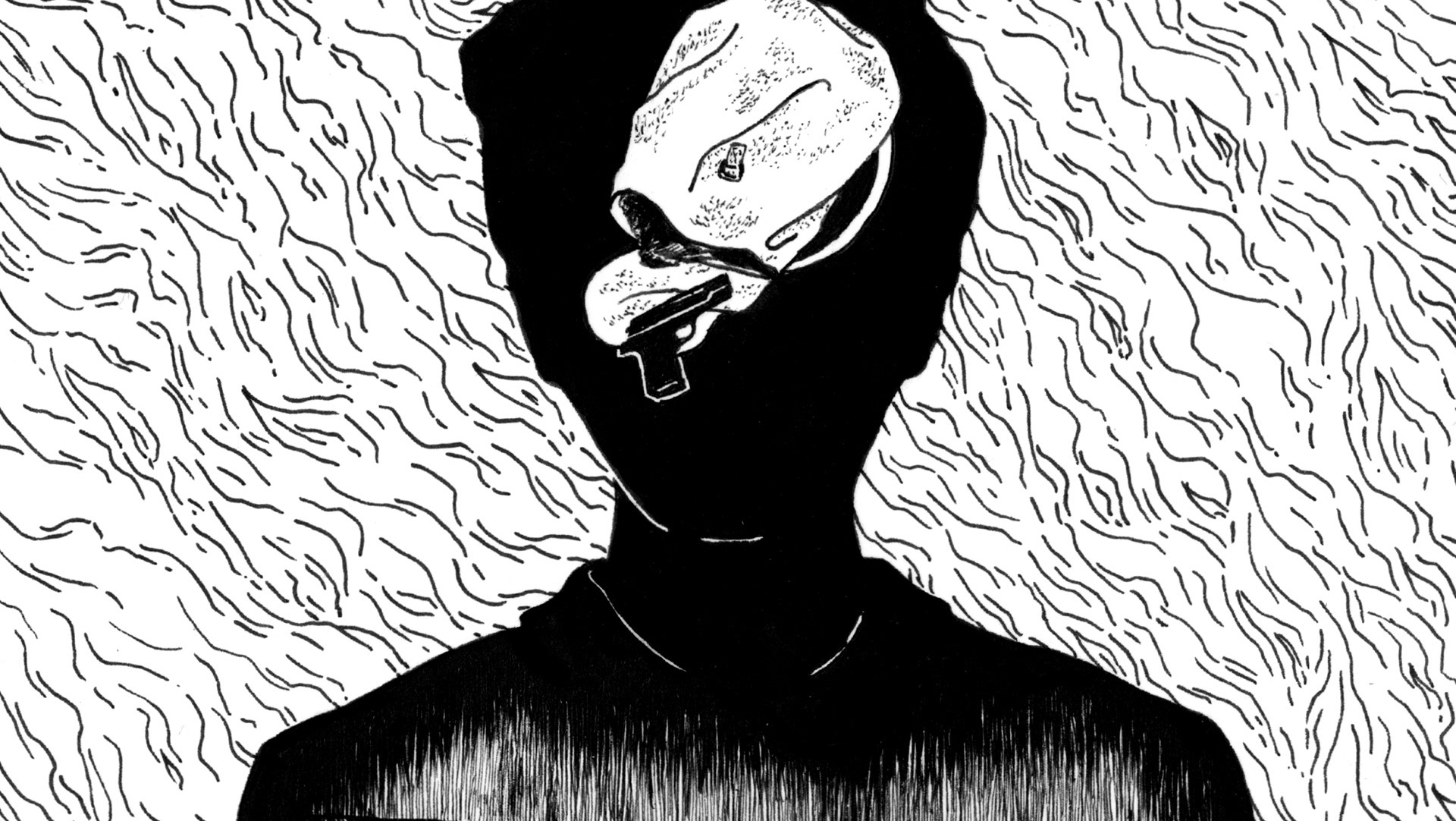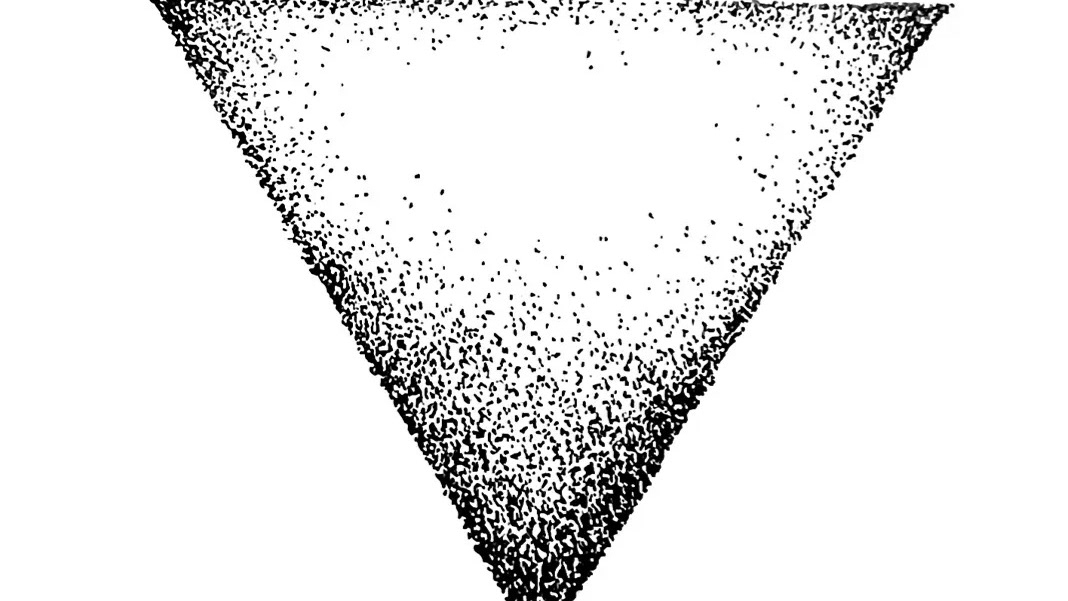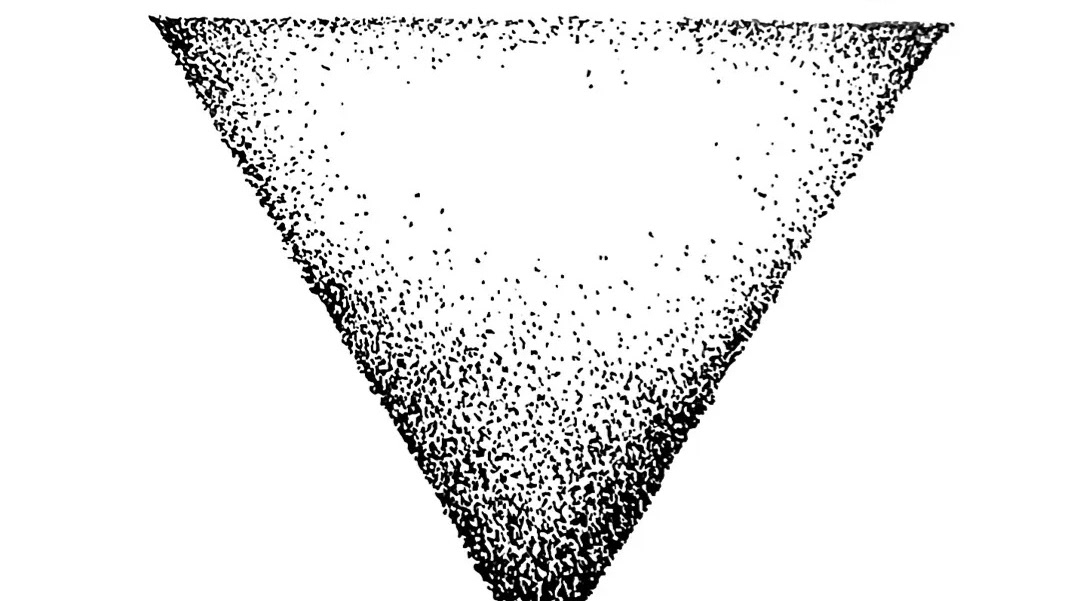Planes are frightening. You can hear a plane coming, but you can never know precisely when or where it will drop its fire. Rene Besse learns that a bombing can be something else than frightening.
Back in 1940, Rene was a 17 years old man, running away south with his father. The german army was approaching Paris, Rene and his father decided to join the South of France. On the 2nd of June, on the road, as Rene was trying to clean himself up, a plane surprised him. It was frightening, Rene jumped and looked immediately for his father. Fortunately they both survived. For Rene's father, this bombing meant that there was no escape, neither North nor South. France had lost the war.
When they came back to Creteil, South East of Paris, things had changed for the worst, the country was occupied, the german army was all around, the french government only made the occupation worst by collaborating, resisting came naturally for Rene and his friends. When the printing shop where Rene was working had closed for good, it left a bitter taste to Rene. Printing was a job he took pride in, even if he was only paid 2 francs the hour. Rene promised himself to work again in a printing shop, should the next opportunity arise. Until then, he'll keep on printing, yet those would be leaflets for the resistance.
Rene was arrested soon after, deported with his friends. He saw them die, he was told about Roger Menielle's death, it was devastating.
He joined a kommando and was saved by a man he barely knew, Louis Brunet, who didn't hesitate to exchange his ration for medicine to save Rene. Out there, a ration is everything, out there, helping one another is everything.
He joined the quarantine, he regained his strength, and when the quarantine ended, he found the opportunity to work in a printing kommando. It wasn't much, it was fairly depressing even, you would write and print death certificates all day long, and the kapos would still beat him from time to time. But it was a promise he gave himself, he was to keep it, so he worked there with 2 other 45000, Clement Brioudes and Marcel Claus.
In 1944, despite the propaganda, the news were that the Allies were winning, on both sides, american and Soviet Union. The 45000 knew they were getting closer, they had no idea the Allies were that close to Auschwitz.
Today is the 13th of September 1944, and the american army bomb the Monowitz industrial complex, or Auschwitz 3. They could have bombed the rail tracks, they could have saved hundreds, thousands of lives from the gas chambers, the Auschwitz combat group even transmitted precise plans to make sure of it. They didn't, they bombed the industrial complex, because they wanted to stop the war effort instead.
A single bomb drops on Auschwitz, by mistake. Nobody knows where or when it will fall. The waiting is unbearable. It finally drops on a kommando building, the tailor kommando.
The building bursts in flames, the people inside die instantly. The place crumbles on itself quickly, Rene is tasked with cleaning the rubbles. But Rene doesn't clean yet, despite the orders, he looks for survivors.
Only one survivor, Rene helps him get out of the remains of the place. Rene doesn't stay long, it is too depressing, plus he knows he will get beaten up by his kapo for leaving his job for so long, even if it was to save a man.
A couple of days later the man comes to find Rene. He wishes to thank him for what he did, and he gives him bread. It is the most valuable thing the man has, bread, and he gives it to Rene.
This bombing was frightening, it was horrifying. It also meant hope, the Allies were close, the 45000 are soon to be liberated.
It is true, the camp is about to live its final months.
Notes
Thank you for listening to this episode of 31000/45000, the story of 2 trains of french members of the resistance. My name is Matthieu Landour Engel.
This episode was about Rene Besse and the bombings.
I mentioned that Rene Besse earned 2 francs per hour when he worked at a printing shop before his deportation. 2 francs corresponds to roughly 50p euros nowadays.
I assumed a few things regarding Rene Besse, most notably his view on bombings. This is most likely not something he felt, I only used it as a narrative tools, even though he witnessed the 2 bombings I mentioned and saved that man from the rubbles. They met again, once in the camp as the man thanked Rene and gave him a ration, and another time, randomly, in Paris, during a celebration.
Let me give you a few more informations about the bombings on and around Auschwitz-Birkenau complex. Reports by escapees started to give to the Allies a rough idea of what was happening in such camps as Auschwitz-Birkenau. Those reports were soon followed by the reports that the majority of the hungarian jewish population was being deported in a record amount of time. In europe, and the Us, the public opinion started to sway in favour of saving those people, protests started, forcing the Allies to make statements in return. Some countries, including The united States of America, the Vatican, Switzerland put pressure on Hungary, it proved effective as the deportations came to a halt in July 1944. As for Germany, with more and more defeats, the nazi administration started to realise that such extermination would most definitely become an issue. But we’ll talk further about it in a further episode.
With the Allies advancing, Auschwitz was becoming in range for a military intervention. Appeals were made to bomb Auschwitz, if not the camp, at least the gas chambers, the crematoriums, the rails, so to end the deportation. Those appeals were primarily made to the us army, and the polish resistance network supplied precise plans of the camps, those plans were stolen by the Auschwitz combat group. The Allies made the decision to not bomb those équipements. The reason was simply that priority had to be to end the war as soon as possible in Europe, therefore military targets were a priority rather than non military targets. This is why Monowitz, an economic and industrial complex, was targeted rather than Auschwitz-Birkenau.
There is still an ongoing debate about whether bombing Auschwitz-Birkenau was a good or a bad idea, arguments are made on both sides. My own opinion is that bombing the rails would have helped, for sure, it would have been feasible, cost effective, and would saved thousands, if not hundreds of thousands of lives. One argument is that bombing Auschwitz would have meant risking the lives of prisoners, yet the Allies did bomb Monowitz and mistakenly bombed a barrack of prisoners in Birkenau, and killed prisoners. So that argument is completely absurd.
Now we should talk briefly about Monowitz. Monowitz, also referred as Auschwitz 3, is an industrial complex, built by IG Farben, in close collaboration with the SS administration. The place housed over 11000 prisoners at one point, used as cheap labour for the production of synthetic rubber and liquid fuels, which was linked to the war effort. This is why it became a target for the Allies, Monowitz was considered a military target.
Primo Levi wrote If this is a man, an account of his time in Monowitz. Elie Wiesel also spent time with his father in Monowitz, until they were moved to Buchenwald. His book, Night, is part of a trilogy, and refers to his time in both places.
Both books are incredible pieces that I can only advise anyone to read.
I have been trying to find Rene Besse’s relatives, unfortunately, my research was unsuccessful. If by any chance, you know of someone related to him please let me know, I would be very pleased to get in touch and make sure the text I wrote doesn’t contain any errors.
My sources for this story mostly come from the book Red triangles in Auschwitz, by Claudine Cardon Hamet, the great book 1009 days, by Laurent Lavefve, an account of Rene Besse's life, the website deportes-politiques-auschwitz.fr, memoire vive, the foundation for the memory of deportation website , the Maitron website, and the fantastic website auschwitz.org
Thank you very much for your attention, next episode will be about Andre Montagne and the poet, Benjamin Fondane.
1009 jours par laurent lavefve
